How to Extract ZIP Files
On Windows
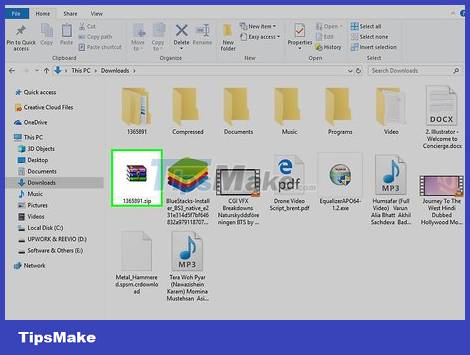
Locate the ZIP folder. If you download files online, the data will be in your browser's default folder called "downloads" (such as the Downloads folder on your desktop).
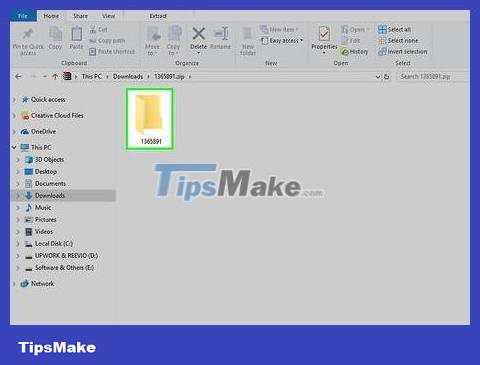
Double click the ZIP folder. The folder will open.
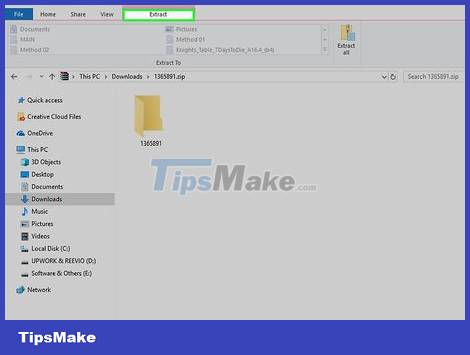
Click Extract . This tab is at the top of the ZIP folder window. A toolbar will appear below the Extract tab .

Click Extract all . This option is located in the Extract toolbar . A window will pop up.

Click Browse… (Browse). This option is located to the right of the address bar at the top of the "Extract Compressed (Zipped) Files" window.
Skip this and the next step if you want the file to be extracted to the same location as the ZIP folder. The files will be in a new regular folder.

Select the destination folder. Click the folder name (such as Desktop ) in the left pane to select it as the location to store the extracted file.
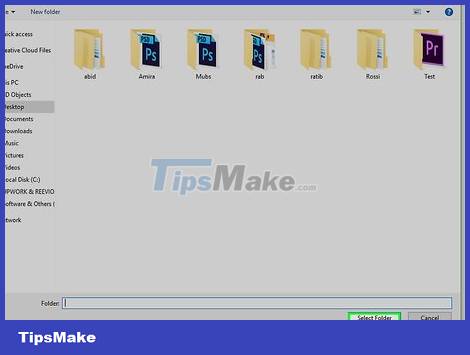
Click Select Folder . It's at the bottom of the window. You will return to the "Extract Compressed (Zipped) Files" window.

Click Extract in the lower right corner of the window. Your files will be extracted from the ZIP folder to the location of your choice.
The time for this decompression process depends on the speed of your computer and the size of the ZIP folder.
On Mac
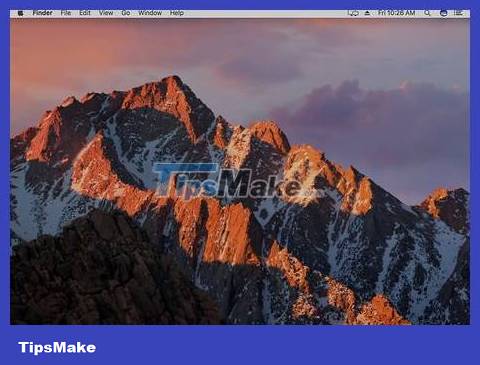
Locate the ZIP folder. If you download online, the compressed file will most likely be in the "Downloads" folder, which you can access by opening Finder and clicking the Downloads folder on the left side of the window.
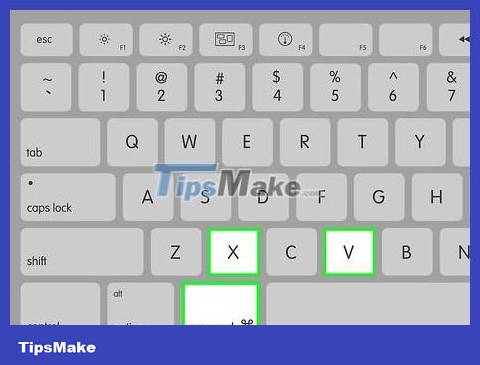
Move the ZIP folder if necessary. When you extract the ZIP folder, the files will appear in the original folder, in the same location as the current ZIP folder. You can move a folder by dragging it and dropping it to another location (such as the desktop).
For example, if you extract a ZIP folder located on the desktop, the extracted folder will also be located on the desktop.
You can also move a ZIP folder by selecting and pressing ⌘ Command+ Xto "cut" the folder, then going to where you want to extract the file and pressing ⌘ Command+ Vto paste.

Double click the ZIP folder. The contents of the folder will begin to be extracted to the current location.
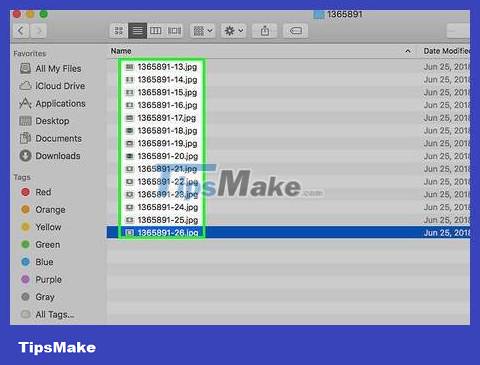
Wait for the file to finish decompressing. Depending on the size of the ZIP folder, the time this process will take will vary. Once extracted, the files will be in a regular blue folder. This folder has the same name and is in the same location as the ZIP folder.
You can open a new folder by double-clicking the object.
On iPhone
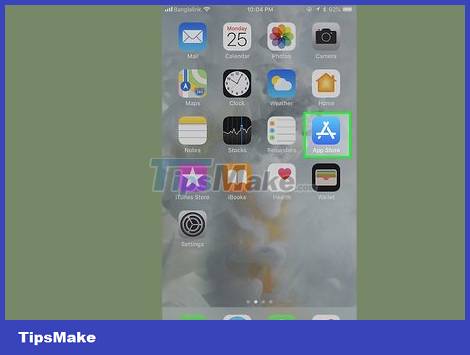
Download iZip. Open the App Store on iPhone, then:
Click Search _
Click the search bar.
Enter izipand click Search
Tap the GET button to the right of the "iZip" app
Enter your Apple ID or Touch ID when asked.
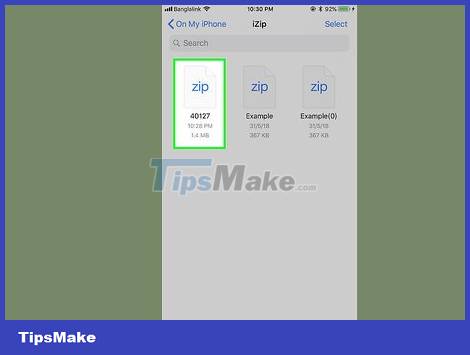
Open the ZIP folder. Go to the location of the ZIP folder (such as email) and tap the ZIP folder.
You cannot use iZip to extract files from a ZIP folder located in the iPhone's Files app.

Click the "Share" icon. This option is usually located in one of the corners of the iPhone screen. A menu will pop up.
If you're opening a ZIP folder on Google Drive, you'll need to tap ⋯ and select Open in .

Click Copy to iZip. This option is in the pop-up menu, but you may have to scroll right on the options line at the top of the screen to find the Copy to iZip action . The ZIP folder will open in iZip.
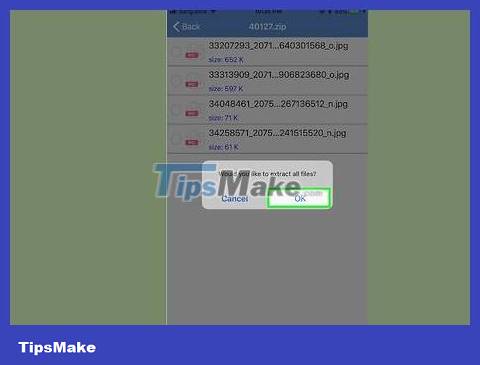
Click OK when prompted "Would you like to extract all files?" (Do you want to extract all files?) appears. The files will be extracted into a separate folder on iZip; Once the decompression process is complete, the folder will open with the extracted files.
If you are not prompted to extract all files, first tap Extract in the lower left corner of the screen.
On Android
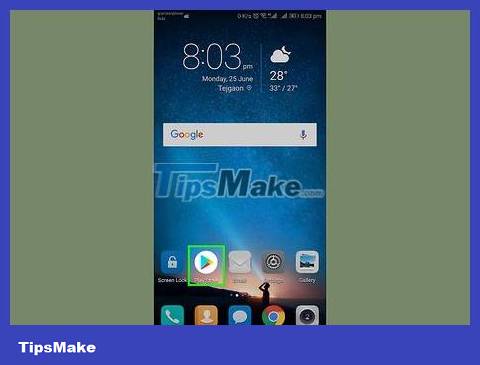
Download WinZip. Open Google Play Store on Android, then:
Click the search bar.
Importwinzip
Click WinZip - Zip UnZip Tool
Click INSTALL (Install)
Tap ACCEPT when it appears.
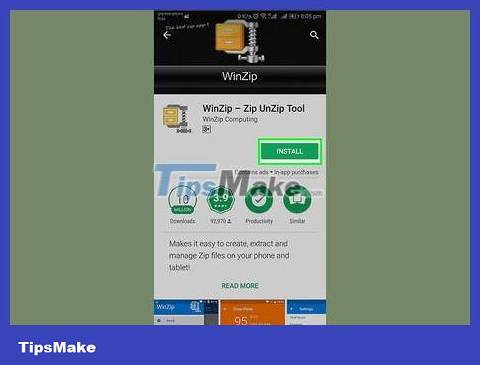
Download the ZIP file to your Android device. You open the service where the file is being saved (like an email in Gmail) and click the Download button .

Open WinZip. Click the WinZip application icon that resembles a vise clamping around the folder.
If this is your first time opening WinZip on your Android device, you'll need to swipe through a few pages of instructions and then tap Start .
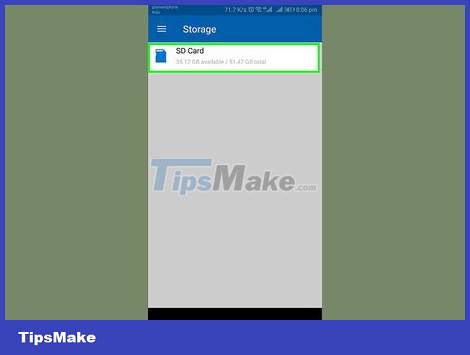
Choose the default storage option. In most cases, in this step you need to select SD card or Internal storage , which can be similar.
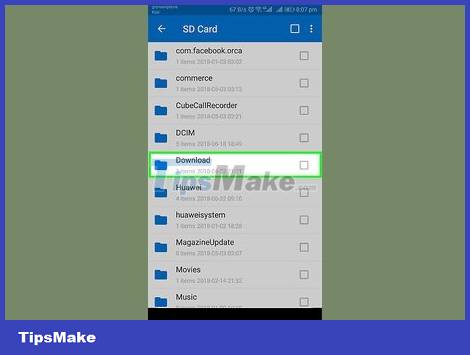
Click the Downloads folder . This option is located in the "D" section of the storage location you just selected.
You may need to scroll down a bit to find this folder.
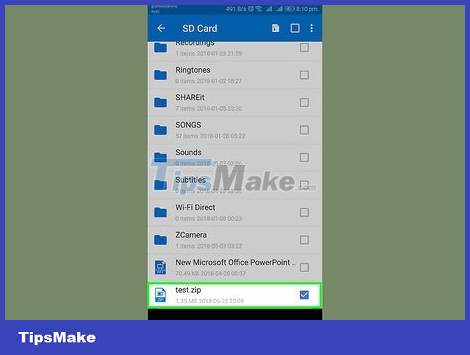
Select the ZIP folder. Click the check box to the right of the ZIP folder's name.
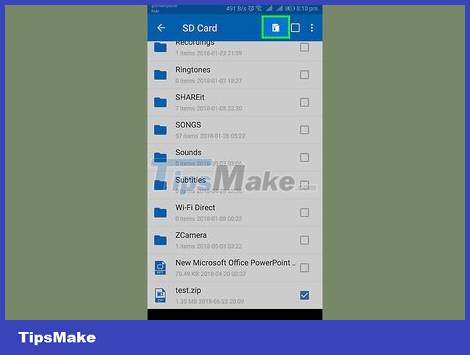
Tap the zipper-shaped "Unzip" icon in the upper right corner of the screen. A menu will pop up.
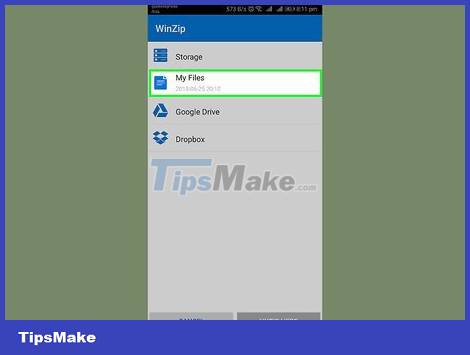
Choose a save location. Tap the main location (like Storage ), then select the folder within the location where you want to extract the ZIP file.

Click UNIZP HERE (Extract here). This blue button is in the lower right corner of the screen. The file will be extracted into a separate folder in the storage location you choose.
Once extracted, the folder will open with the extracted files.